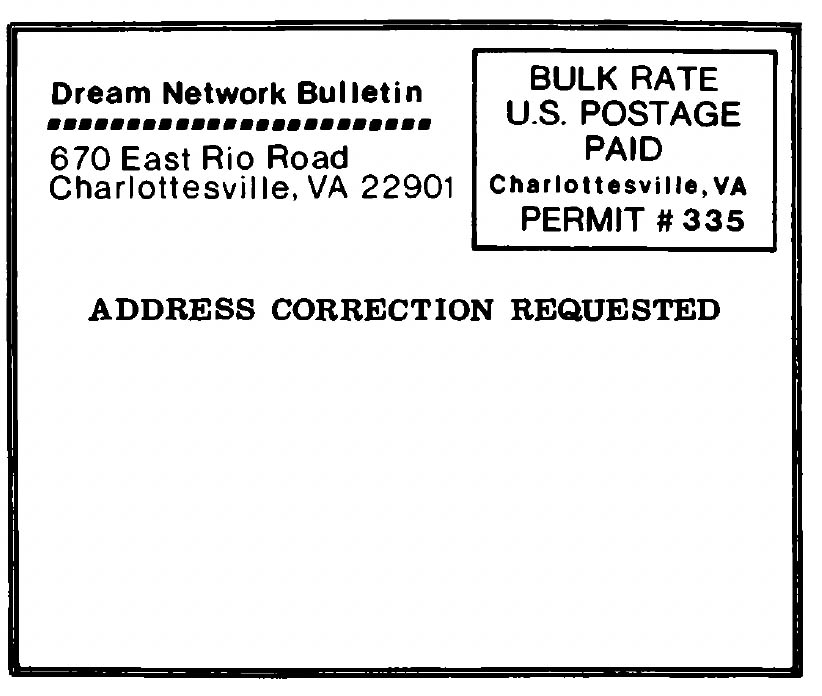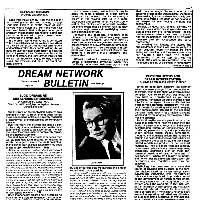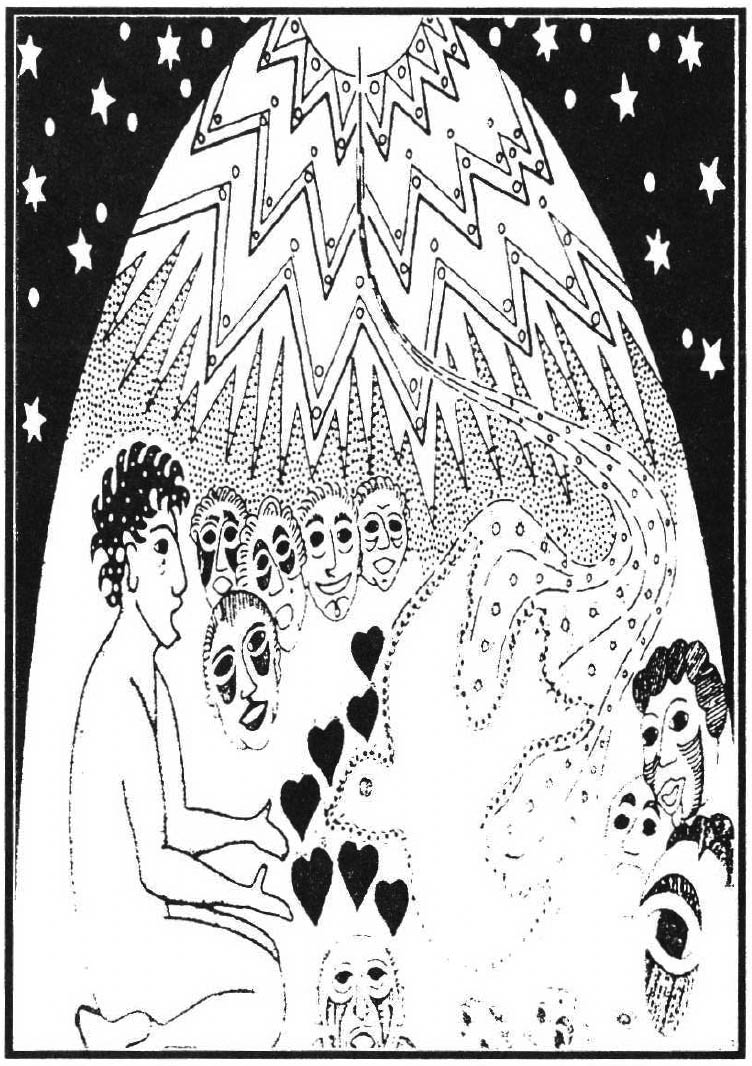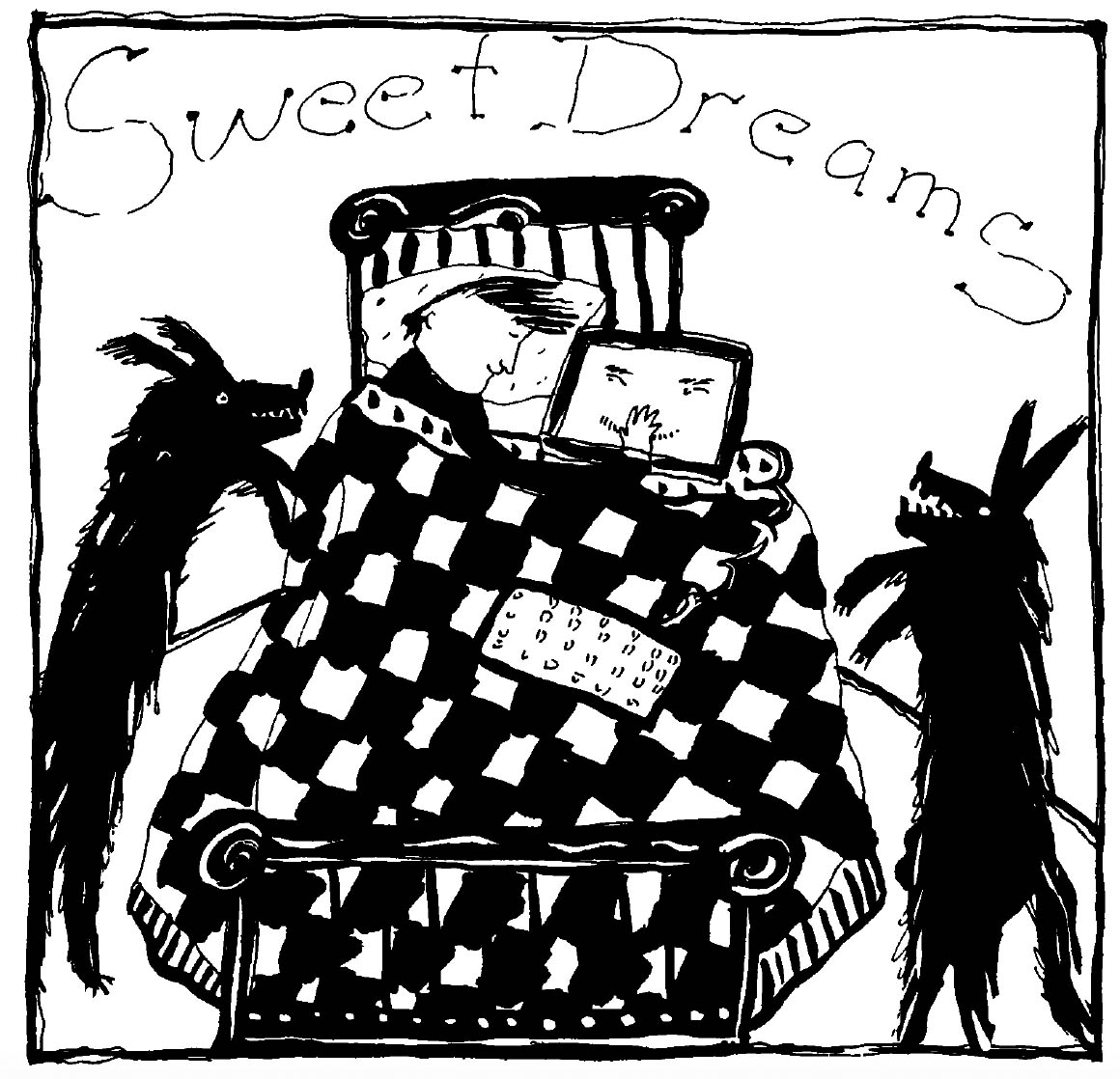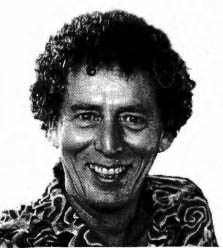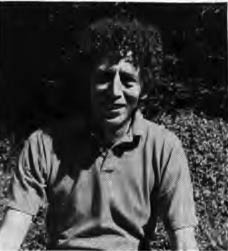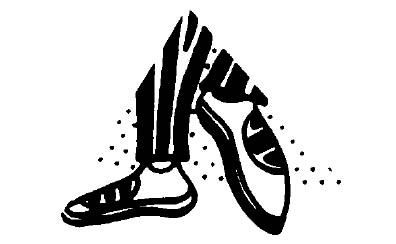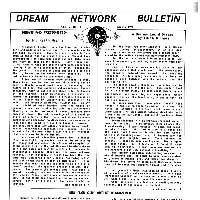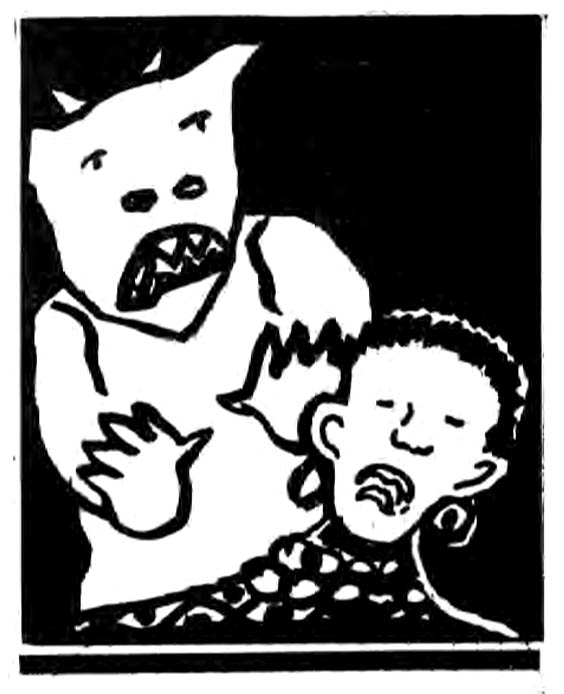
ESP IN DREAMS
Psychologist Criticises His Colleagues' Neglect of the Facts
Evidence is mounting that scientists reject the Psi hypothesis for reasons other than simply the lack of valid data. Psychologists themselves are perhaps the most guilty of this negative prejudice. Concrete evidence of this not-so-scientific attitude has now been presented for attention to the psychologists' own professional organization.
Yale University psychologist Irvin L. Child, reporting in the official flagship publication of the American Psychological Association, the quite prestigious AMERICAN PSYCHOLOGIST, has demonstrated how psychologists have tended to distort the facts concerning the evidence for ESP in dreams ("Psychology and Anomalous Observations: The Question of ESP in Dreams," November, 1985, Vol. 40, No. 11, 1219-1230).
The bulk of Professor Child's indictment concerns how psychologists who claim to be presenting in their books an objective overview of research in parapsychology, have misled readers about the true facts and results of the influential dream telepathy studies conducted at Maimonides Hospital by Montague Ullman and his associates, Stanley Krippner and Charles Honorton (cf. Ullman's book, Dream Telepathy).
The Maimonides experiments provided generally favorable statistical results, which Dr. Child confirms, even after he modifies the statistical analysis along more stringent lines. Whether or not the significant number of "hits" is truly indicative of telepathy, or may be subject to different interpretations, Dr. Child believes that the results of these experiments represent a genuine "anomaly" that requires some sort of explanation.
If this research had concerned a more conventional topic, Dr. Child argues, then the positive results of the experiments, having such important scientific implications, would have received wide attention and careful evaluation. The Maimonides studies, however, as the author demonstrates, have not received this type of careful and accurate attention.
Dr. Child chooses five books written by psychologists on the topic of parapsychology and scrutinizes their presentation of the Maimonides research. Here are some of the types of misrepresentations and distortions he found in these books: devoting more coverage to a negative finding than to the overall positive results, exaggerating the apparent possibilities for "sensory leakage" (whereby the information can be transmitted by some sensory means rather than by ESP), and offering spurious criticisms of the research methodology that are not relevant to the experiments as they were actually conducted (saying, for example, that no control group was used, when, in fact, controls were used). In at least one case analysed by Dr. Child, the reviewer implies that the reader should infer that the results are fraudulent.
Dr. Child does not speculate about any possible reasons or motivations the reviewers might have had for distorting the facts. He does, however, point out how often the reviewers are committing the very sin they accuse the Maimonides researchers of committing. For example, the researchers are accused of "shoe fitting," or twisting the facts to fit the interpretation that is desired. Dr. Child asserts that the Maimonides researchers are innocent of this charge, but that the reviewers are quite guilty of it themselves.
